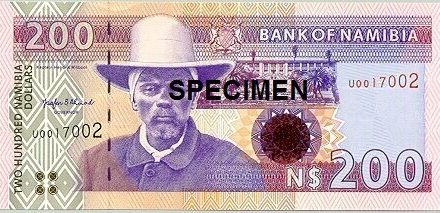
We wish you a happy journey but we hope our partners do not join you
Events in Europe over the past week left most outsiders perplexed. While it was to be expected that a major to and fro will result from the Brexit vote, what the markets did is confounding. Shares on the London Stock Exchange took a major battering, but only for two days. By Tuesday, the FTSE 100 was back in positive territory and by Thursday it was comfortably above its April 2016 levels.
It did not even get close to 5500 index points where it troughed in February this year. So what is all the fuss about?
The Pound is a bit of a different story, losing some 8% in value since last Thursday and another 1.6% this Thursday after the Bank of England announced it is considering an interest rate cut. In my mind, this is inevitable seeing that the rate on 10-year gilts dropped below 1% following the vote. The spread between long-term and short-term rates has simply become too narrow, and the only route for the British central bank is to open the spread by reducing short-term rates.
The paradox lies in the opposing movement of the exchange rate and long-term interest rates. If investors fled the stock exchange, then it makes sense that shares should drop, but this week they came back in force (hence the FTSE move) while the currency remained weaker, and the yield on the10-year gilt remained well below 1%. It shows that shares lost out to bonds, or so-called safe haven investments initially, while at the same time much money flowed out of Britain. It does not explain why investor so quickly flocked back to shares, without relinquishing their bond positions. It denies any conventional, or even logical explanation.
What these contradictory moves do show, is that much uncertainty remains, and that it will take a considerable time for real investor motives to surface.
But I am not at all concerned about the United Kingdom. It runs an economy of incredible depth, and the world needs its financial markets, not the other way round. I am far more concerned over the European Union itself, specifically whether the UK was just the first domino to fall. At this point it is pure speculation what will transpire in the EU but it is disconcerting to pick up so many voices that want to capitalise immediately on the rumblings inside the union. I only hope that sense will prevail, and that the EU, now under some pressure, will actively start dealing with its own internal problems in a more assertive way.
The exit of the United Kingdom will certainly not break the back of the European Union. But if a flood of its own member states are forced down the referendum route and more states turn rogue, then it will harm the union.
The United Kingdom is a massive financial market but it is not that important as a consumer market given the overall size of the European Union. The latter, however, is roughly one third of total world consumption, a figure corroborated by China’s export statistics. If the union were to slowly unravel, now that will have a major impact on world trade.
Closer to home, shares on the Johannesburg Securities Exchange did not escape the turmoil, receding to a whisker above 50,000 index points (ALSI) and the Rand taking another hammering. Still, by week’s end, the JSE Allshare index was comfortably back above 52,200 index points while the Rand traded at a much-improved R14-70 to the US dollar. That is not a strong currency, but it is not nearly as weak as when Zumantics ruled the market.
I think for the time being we can politely ignore the UK. Things will not start moving before October and it will probably take the better part of two years to finalise the divorce. Also, our exports to the UK is tiny and has been declining for many years as a percentage of exports to the EU. What we need to worry about is when the EU starts unravelling. Actually, we need to pray that it does not happen.
The way I see it, there is an outside chance that the UK may not actually leave the EU, especially if a referendum in Scotland pokes a finger up the pommies’ nose. In a sense, the immediate aftermath of Brexit was a storm in a teacup. The real storm will be if the EU comes loose at the seams. That will have a severe effect on the rest of the world.
I realise it is way to early to make a meaningful assessment of EU strength. For clearer indication on their future, we shall have to wait and see what the individual states do. In the meantime, I suspect the Euro will become even more of a scapegoat, with many evils that are actually political in nature, blamed on the inflexibility of the currency.








































